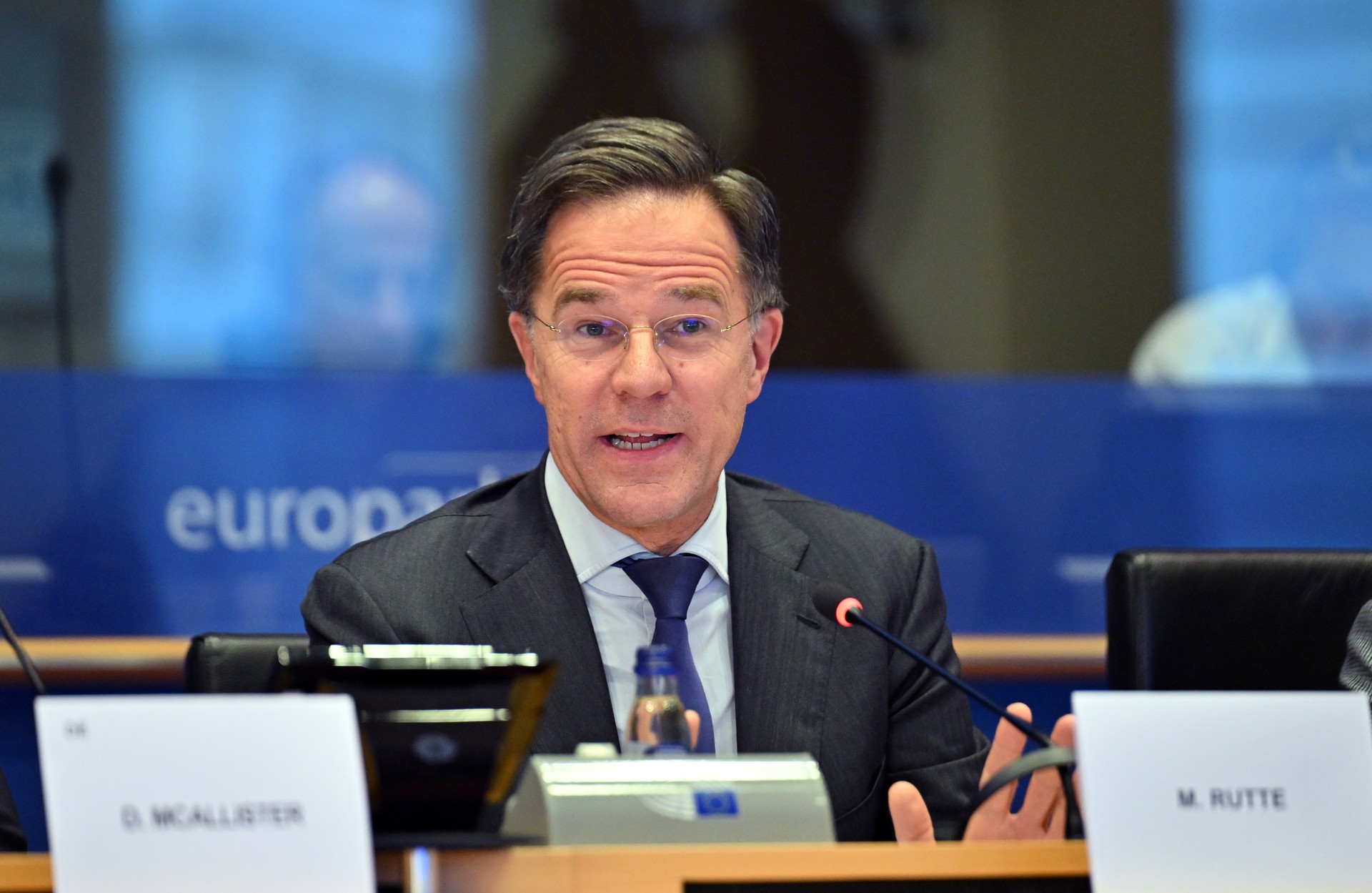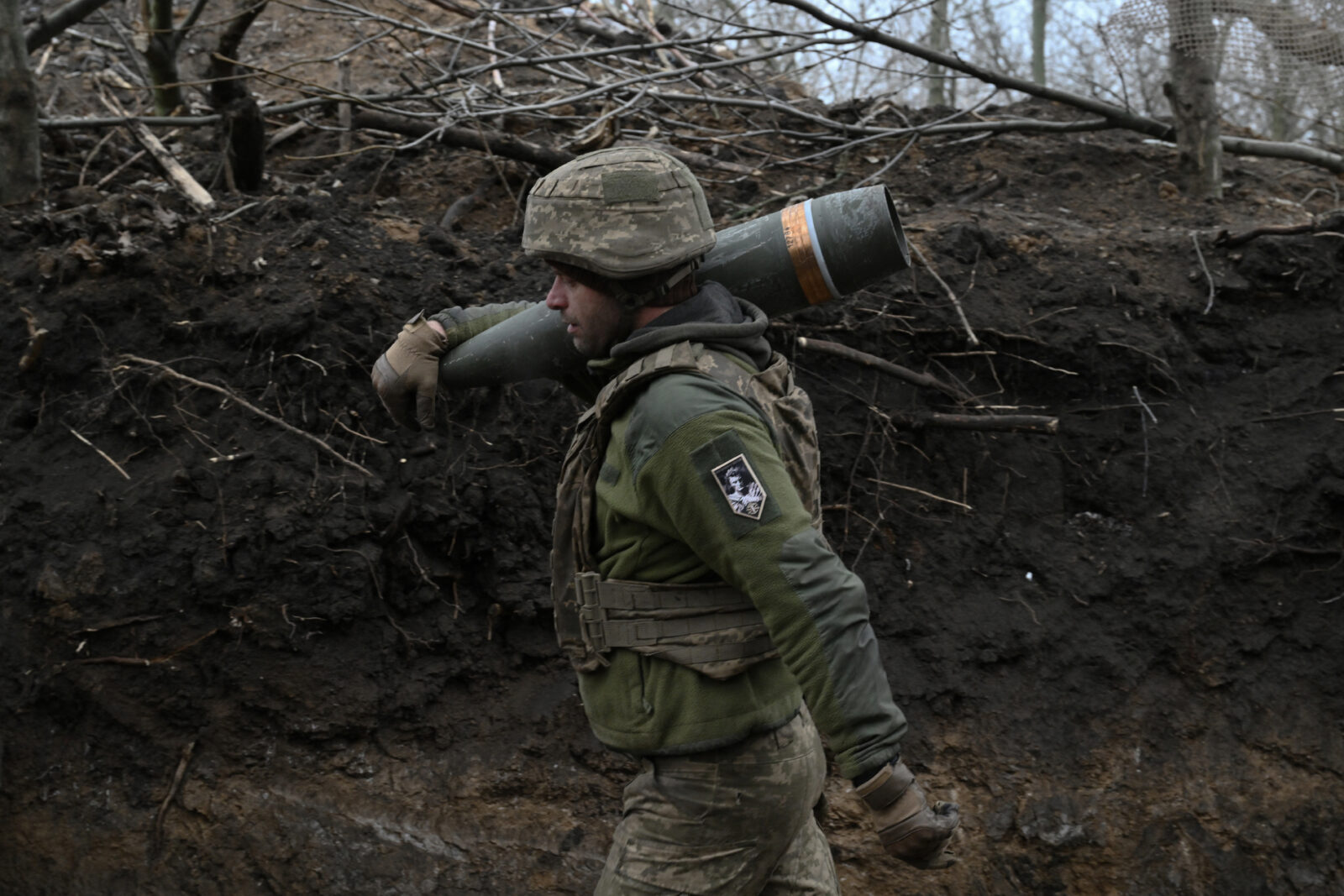
NATO military chiefs convened their first meeting under Secretary General Mark Rutte's leadership Wednesday, focusing on mounting global security challenges and strengthening the alliance's defensive capabilities.
The meeting, attended by Türkiye's Chief of General Staff Metin Gurak, is part of NATO's regular schedule of three annual gatherings, with two held in Brussels and one in an allied nation.
In his opening remarks, Rutte painted a stark picture of the current security landscape, highlighting Russia's ongoing war in Ukraine and escalating hostile actions against NATO countries.
"Our future security is at risk," Rutte said. "Russia's hostile actions against our countries are accelerating through cyber attacks, assassination attempts, acts of sabotage and more. These are acts and campaigns of destabilization."
Rutte emphasized that Russia is coordinating these activities with China, North Korea, and Iran while other threats persist, ranging from terrorism and nuclear proliferation to disinformation and climate change.
Admiral Rob Bauer, chair of NATO's Military Committee, who is presiding over the two-day meeting, offered a stark assessment of Russia's war casualties, stating that "700,000 Russians have been killed and wounded" in the conflict.

"The Kremlin has achieved none of its strategic objectives," Bauer said, referencing Russian President Vladimir Putin's New Year's speech where Putin expressed regret about not invading Ukraine sooner and declared 2025 the "Year of the Defender of the Fatherland."
Bauer stressed supporting Ukraine is not merely an act of charity but serves NATO's political and military interests. He expressed deep concern about China's role in international security, citing its lack of transparency regarding nuclear forces and increasingly aggressive behavior toward neighbors.
"Ukraine needs and deserves our full support," Bauer said. "Our support is not charity. It is in the alliance's political and military interest."
Rutte called for increased defense spending and enhanced capabilities, emphasizing the urgent need to adopt what he called a "wartime mindset."
"Let me repeat: it is time to move to a wartime mindset," Rutte said.
"To prevent war, you first need to prepare for it. This means we need to strengthen our defense even further by spending more on defense, producing more and better capabilities."